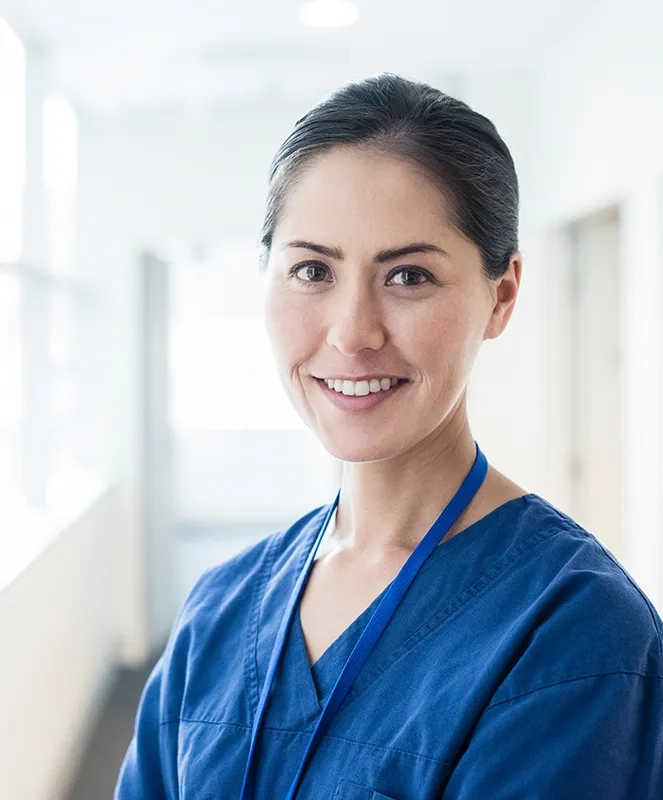Breaking down barriers for qualified eye surgeons
Skill, not politics, should decide who can perform surgery.
Why workforce challenges matter
Behind Canada’s long wait times and limited surgical access lies an overlooked barrier: politics in the privileging process. Highly skilled eye surgeons, despite years of advanced training, are often denied the ability to operate, not because of competence, but due to non‑clinical factors.

Qualified surgeons, unfair barriers
Across the country, dozens of trained eye surgeons are unable to practice fully because hospitals restrict privileges based on internal politics. This leaves surgeons underutilized, forces some into non-surgical environments, or pushes them to move abroad (typically the United States) or into private settings where patients must pay out-of-pocket.

How this impacts patients
Regulatory standards meant to protect patients can sometimes be applied too broadly, creating unnecessary barriers to healthcare access. When qualified surgeons are blocked, patients wait longer for care, and some lose access entirely. Every unnecessary barrier adds strain to a system already struggling with surgical backlogs.
By outsourcing routine, lower-risk procedures like cataract surgery to accredited CSFs, we create capacity for hospitals to focus on more invasive and urgent surgeries—such as cancer, gynecological, and orthopedic procedures. This not only shortens wait times for cataract patients, but also has a broader societal impact: freeing hospital resources to reduce delays for patients with life-threatening or complex surgical needs. Outsourcing to CSFs benefits both individual patients and the healthcare system as a whole.
ACCESS’ advocacy
We believe privileging decisions should be based on skill, safety, and patient outcomes, not politics. ACCESS advocates for a transparent, equitable privileging process that empowers surgeons to do what they were trained to do: restore sight and improve lives.